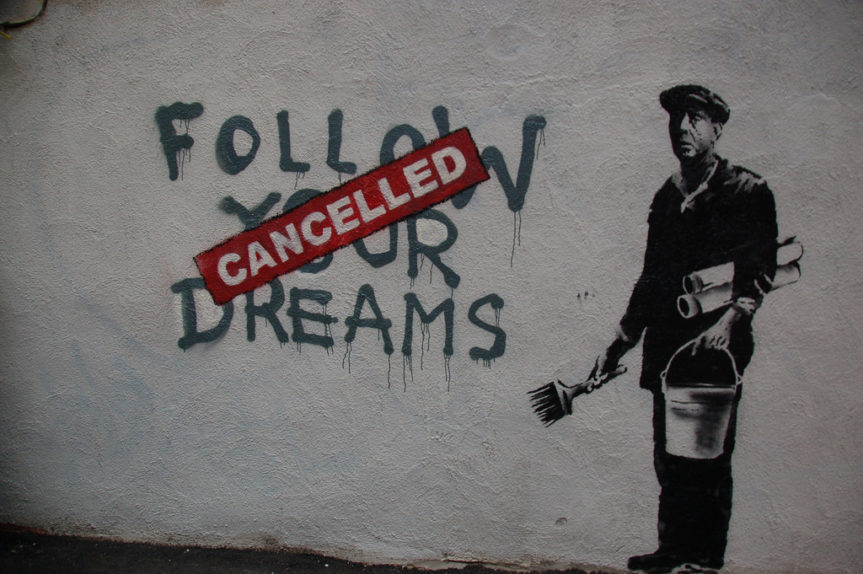Black parents in Oakland do not have access to quality schools. 1% attended a school above the state average and making progress, 2/3rds attend a school below average and going backwards. We are locked into those schools by enrollment rules, segregated housing and the legacy of discrimination.
So, it seemed a momentous victory when the OUSD voted unanimously to change its enrollment rules and grant an “opportunity ticket” (OT) to Oakland’s most underserved families—those at closing schools—which would allow them to go to any school in the district. Black and Brown families, while not getting the fabled “great neighborhood school” at least had access to the schools of their choice.
But this was not a victory for equity, at least not yet.
So how did a bunch of privileged Hills parents end up with Tickets and a bunch of disadvantaged Flatlands parents didn’t? The answer is perplexing but it can be found in the OUSD’s board dysfunction and ultimately the bias of at least one board member.
Snatching Defeat from the Jaws of Victory—How Equity Lost
The board room erupted in applause, when the OT passed. While I thought the devil was in the details, I was wrong. The devil was elsewhere.
It began with a working group—2 OUSD principals one from the Flats and one from the Hills, 2 OUSD parents from Equity Allies, 1 representatives from each of the groups that drafted the OT, the Oakland REACH and State of Black Education in Oakland (that was me), a charter parent, and a former OUSD student who does work with youth voice across sectors. A cross section of the public school community.
This group met probably a half dozen times, digging through the data and trying to balance some of the policy issues. Throughout this process, the focus was always directed back to the needs of students and families and not systems and schools. And we made some hard decisions.
Who Gets Opportunity
Our enrollment rules lock in privilege and disadvantage. We know this. There are schools with most kids on grade level and others with not a single child testing proficiently. Where you are born and who your parents are determine who gets access to which schools. So, we had to decide who should get the ticket.
Unanimously we determined that it should be students at any closing or contracting public school, district or charter. The focus was kept on families, and whether a family chose a charter public school or district school, they were the biggest losers in the effort to grow quality and close low performers. And we should care about helping them.
I got flack from a few charters on this clause. Some felt this would give an incentive to close charter schools, so the district could recapture students. Be that as it may—the focus is on families, and protecting them, not schools.
The vote was unanimous, district parents, district principals, and everyone else around the table—because the focus was on families—and helping those families displaced by needed structural changes in Oakland. Recommended policies went to the superintendent and would be heard by the Board—that is when it got funky.
The OUSD Board’s Betrayal- How Kaiser got the OT and Epic (possibly) Didn’t
In a district bleeding students and starving for revenue, you would think they would want to bring charter families back into the district—you would be wrong.
When the Board heard the recommendations, Director Torres vigorously dissented, basically (to paraphrase) –F(orget) those charter kids they spurned us once, so let them burn where they are– And so at least for now, the policy is dead as it applies to public charter schools.
So, you have a school, Epic Charter School with 400 some kids, in the Flats, all Black and Brown 90% free and reduced, 21% special education, that wants to close if its students can get better options—and those families don’t get a ticket. And you have already privileged Kaiser, whose neighborhood schools are among the highest performing in the district is 6% special education and 25% free and reduced lunch, and they are getting the preference.
While this seems like some weird nightmare or horror movie, it’s true—this is our Board (or at least the vocal minority), our policies, and when we pull the sheet back, we can see who is benefitting and who isn’t, and its time for a change.
Cuz sheet or no sheet its all the same sheeeeeet (to quote the brother from The Wire), and for a district that talks so much about equity—its time to take that walk.

